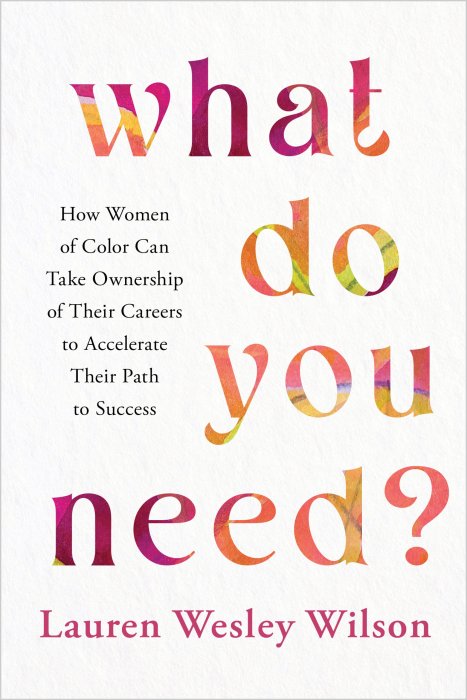All throughout the world, there are people that find it challenging to let go of difficult situations they have gone through in the past. Unfortunately, they are often unable to recognize how harboring their emotional pain can later materialize into their body’s ‘dis-ease’. This circumstance invites the question: Is it possible for people to improve their physical health by first addressing their emotional turmoil?
Minister Janet Lovell and her organization, Women Helping Women Ministry (WHW), specialize in this area of concern. For Minister Lovell, un-forgiveness lies at the root of this problem. She believes that one of the main keys to emotional and physical health is forgiveness, defining it as a release from any hindrance or pain caused internally or externally—especially in cases that pertain to loved ones and close relatives; by forgiving and letting go of pain, doubt, fear, or any emotional blockage, one can then be able to see immediate improvement in bodily health and well-being.
After being sick for many years, Minister Lovell had many challenges with un-forgiveness. During her illness, she noticed a direct link between her physical ailment and the emotional pain she was harboring from past quarrels and emotional abuse. Once she began to forgive and let go of her emotional pain, she then began to feel released and from her physical illness. She stated, “Negative emotions can destroy your health. I am living proof of that. We must forgive in order to maintain health and peace of mind”.
After noticing the harmful effects of un-forgiveness, not only in her life, but in the lives of people in her organization, she began advising and developing forgiveness seminars and workshops to help people move toward a healthy and peaceful state of being. According to Minister Lovell, “we are often told to forgive because it is the right thing to do in the sight of God; however, there are many people that are genuinely unsure of how to go about it.
While further discussing specific cases of un-forgiveness with Minister Lovell, she mentioned an example. It happened to a member of her ongregation who was in the hospital in critical condition. The doctors, she said, were unable to effectively treat her.
I told her to forgive her husband. “After you forgive him,” I told her, “You will be able to walk out of the hospital.”
Because she took my advice, she is now able to walk with no problem.
With regard to un-forgiveness, some medical doctors and scientists also believe that harboring negative emotions can severely damage the body’s endocrine system. Robert Scaer, MD, in his book, ‘The Trauma Spectrum’ stated: “We find that the endocrine system—and the hormone cortisol in particular—is closely linked to the immune system. High levels of cortisol inhibit immune responses. Most diseases of abnormal immune function are remarkably linked to psychological stress.”
Interestingly enough, Stanford University has also launched a program known as, ‘The Forgiveness Project,’ which is now being used for cancer therapy. Below are a few observations doctors have made about the relationship between sickness and un-forgiveness:
• Dr. Everett Worthington, PHD confirmed that, “Chronic unforgiveness causes stress. Every time people think of their transgressor, their body responds. Decreasing your unforgiveness cuts down on your health risk. Now, if you can forgive, that can actually strengthen your immune system.”
• “Over an extended period of time, unforgiveness can be experienced as negative emotions that result in a cascade of biological and brain responses. Findings about the body’s hormone response to unforgiveness reveal that unforgiveness is reflected in specific cortisol levels, adrenaline production and cytokine balance (Worthington et al 2005) with patterns that parallel those reported in people living with high stress. These hormonal patterns are known to compromise the immune system (Berry and Worthington 2001; Seybold et al. 2001) with the long-term consequence of leading to several identified chronic illnesses (Danese et al 2007).”
In conclusion, Minister Lovell and (WHW) are thankful that other community leaders and more public officials see the importance of this work and are supporting their Community Forgiveness Initiative to heal.
The author is …………….
For more information on the Community Forgiveness Initiate and the Women Helping Women organization, please email: Lovellbrkl@aol.com or call 718 258-1944.
*All medical quotations used in this article were cited from the web page, Release.org
























